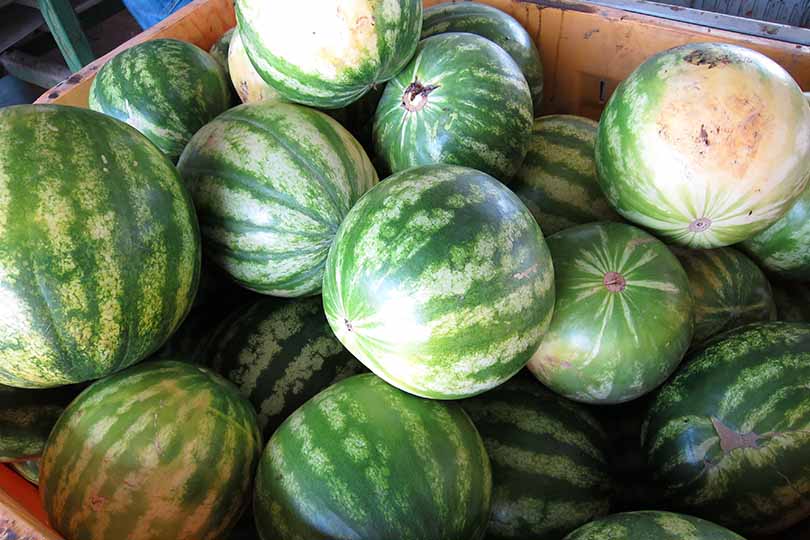By Shala Watson
Multimedia Writer
Produce safety outlined under the Food Safety Modernization Act (FSMA) is a federal requirement that will impact Texas farmers.
The Food and Drug Administration (FDA) and the Texas Department of Agriculture (TDA) are coordinating efforts with Texas A&M AgriLife Extension Service to offer materials and classes to help educate, train and prepare growers on how to comply with this rule.
The purpose of the FSMA Produce Safety Rule is to shift food safety regulations from a system that focuses on responding to contaminations to one that focuses on preventing contamination.
Key aspects of the rule include agricultural water quality, biological soil amendments, sprouts, domesticated and wild animals and worker training, health and hygiene.
“The purpose of the rule is to provide more certainty and standardizations, safety practices for food that could be consumed raw,” Texas Farm Bureau (TFB) Associate Director of Commodity and Regulatory Activities Jay Bragg said. “It covers growers that have gross sales of greater than $25,000. There are some exclusions that are pretty limited.”
The rule covers any produce that is likely to be consumed raw, such as cucumbers, lettuce, tomatoes, cantaloupe and watermelons.
Bragg noted there are some exemptions in place for farmers who sell greater than 50 percent of their produce directly to consumers at farmers markets or restaurants, but there are still aspects of the rule that could apply to them.
In response to FSMA, Texas A&M AgriLife Research and Extension Center will hold one of several produce safety courses April 28 in Overton. The meetings will inform farmers about the rule, the inspection and the protocols.
“We are actually reaching out to growers across the state about the rule to let them know that it’s something they need to comply with and give them the basic information about these classes,” Texas Department of Agriculture Produce Safety Director Richard De Los Santos told the TFB Radio Network.
Bragg noted there are some exemptions in place for farmers who sell greater than 50 percent of their produce directly to consumers at farmers markets or restaurants but there are still aspects of the rule that could apply to them.
“I think it’s important that everyone who grows produce attends one of these trainings so everyone understands the rules and knows what the requirements are, what’s applicable to their operations and what’s not,” Bragg said.
There are staggered compliance dates based on farm size. Provisions covering sprout production first go into effect at the beginning of 2017 for farms making over $500,000 or later depending on the farm gross receipts.
The other provisions of the rule go into effect at the beginning of 2018 or after 2018, depending on the provision and the size of your farm’s business.
Compliance dates for certain aspects of the agricultural water requirements allow an additional two years.
To view a complete list of compliance dates and rules click here.
“Most of the larger growers and big to medium size growers know they are going to be impacted,” Bragg said. “Some may already be implementing this through whoever they contract with. Most of the small to medium size growers will probably be the ones impacted the most and have the least information out there about it.”
The meetings will provide growers with the basics about the produce rule.
“They are going to learn about agriculture soil amendments,” De Los Santos said. “They are going to learn about worker hygiene, how to maintain equipment and harvesting methods to meet the produce rule.”
The first step to be compliant is to visit the TDA website and complete the Farm Inventory Survey.
The produce safety course will be at the Texas A&M AgriLife Research and Extension Center in Overton April 28 from 8:30 a.m. to 5:30 p.m. Cost is $100 for individuals, couples from the same household or co-workers from the same operation. Register


The timelines you have cited for compliance are misleading – the dates you’ve put in are for compliance with the agricultural water part of the rule. For everything else, growers are expected to be fully compliant two years ahead of the the dates you’ve cited.
In addition, the qualified exemption for growers selling more than half of their produce to qualified end-users only applies to growers selling less than $500,000 inflation-adjusted dollars of produce annually, based on the last three calendar years of sales.